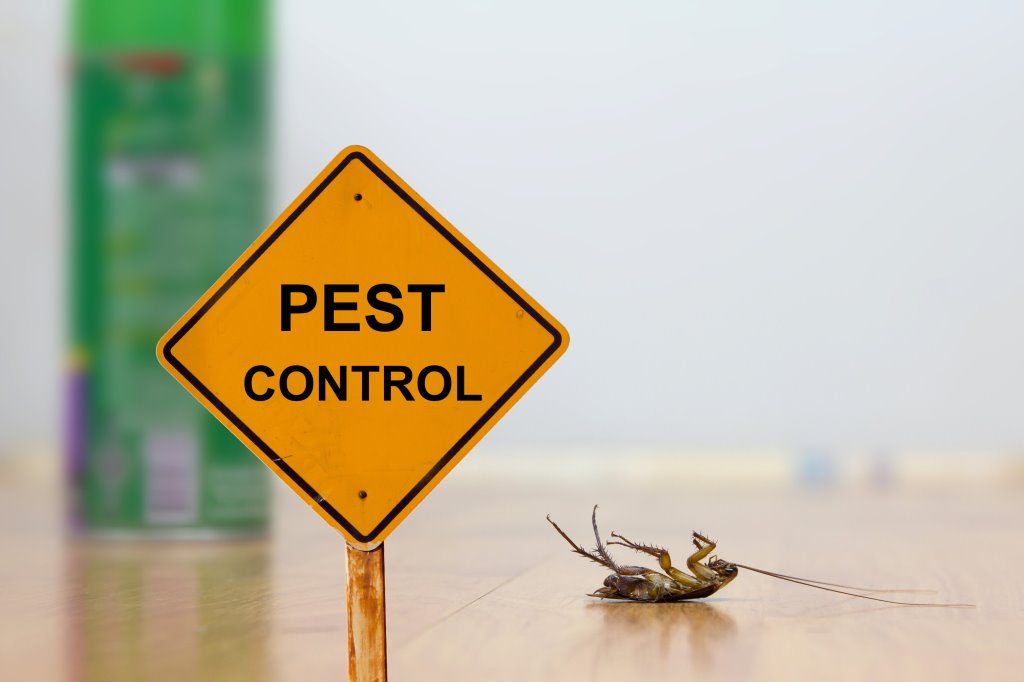Pest Control 101: Safeguarding Your Garden from Unwanted Guests

19 September 2023
Gardening can be one of the most rewarding and fulfilling hobbies, but it’s not without its challenges. One of the significant challenges gardeners face is pest control. Unwanted guests, ranging from insects to rodents, can wreak havoc on your carefully nurtured plants. Pest control in the garden is an essential aspect of maintaining a healthy and thriving outdoor space. In this comprehensive guide, we will explore the basics of pest control and how you can safeguard your garden from these intruders.
Understanding the Enemy: Common Garden Pests
Before diving into pest control methods, it’s crucial to understand the enemy. Common garden pests include aphids, snails, slugs, caterpillars, and rodents like mice and rats. Each pest has its own behavior patterns and weaknesses, making it essential to identify the specific intruder in your garden.
Prevention Is Key
Preventing pest infestations is the first line of defense. Start by selecting pest-resistant plant varieties for your garden. These plants are naturally less appealing to common pests. Additionally, maintaining proper hygiene in your garden, such as removing dead plants and debris promptly, can eliminate hiding spots for pests.
Organic Pest Control Methods
Chemical pesticides can harm beneficial insects and pollinators, disrupting the delicate balance of your garden ecosystem. That’s where organic pest control methods come into play. Introducing natural predators like ladybugs and praying mantises can help keep pest populations in check. You can also use neem oil, diatomaceous earth, or garlic spray to deter various pests.
Cultural Controls
Cultural controls involve making changes to your gardening practices to minimize pest problems. For instance, practicing crop rotation can prevent the buildup of soil-borne diseases and pests. Proper watering techniques, like drip irrigation, can keep foliage dry and discourage fungal growth. Companion planting, where certain plants are grown together for mutual benefits, can also deter pests.





